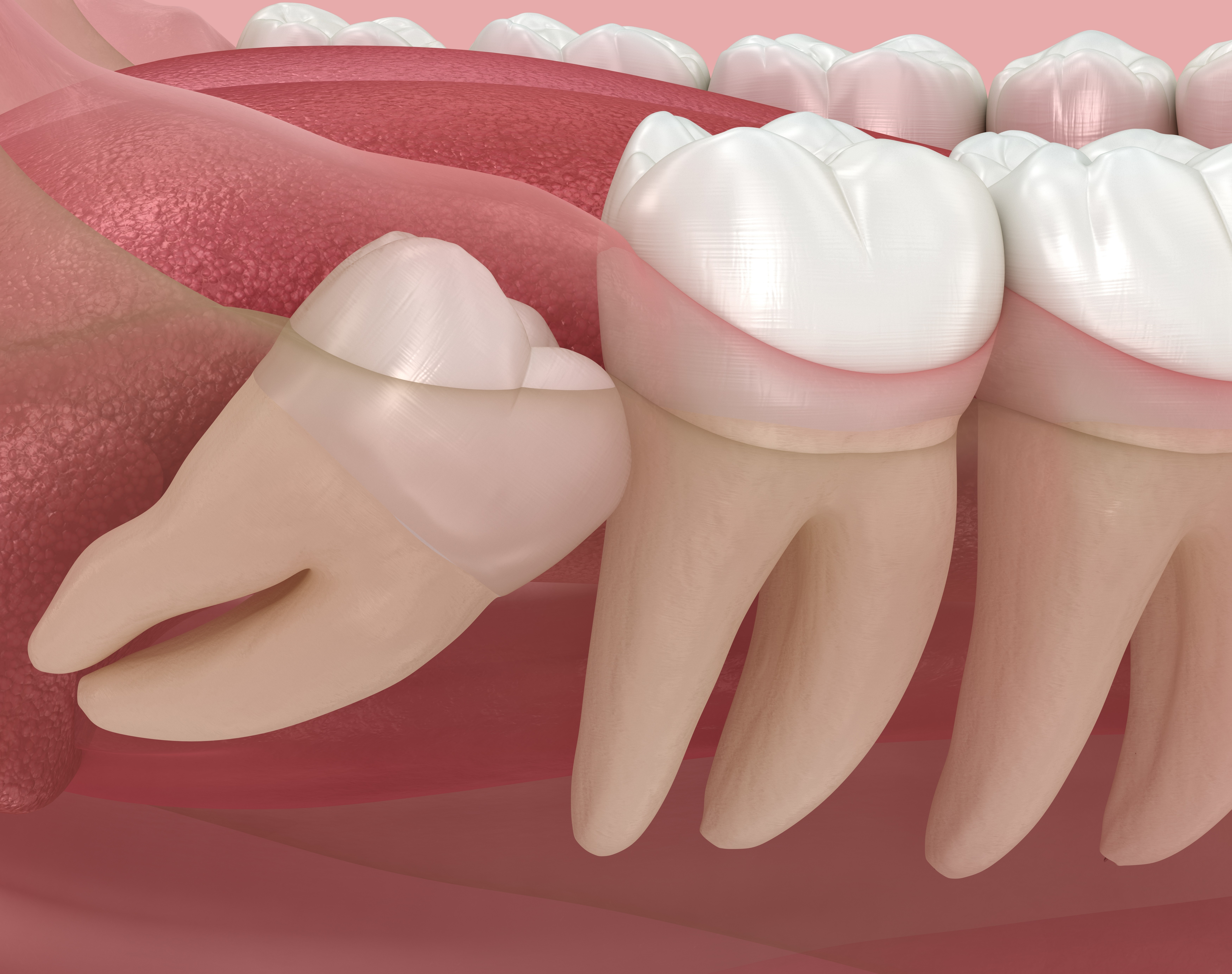Restorative Dentistry
Wisdom Teeth Removal
Navigate Your Wisdom Teeth Removal Journey with Confidence
Wisdom teeth removal is a common dental procedure aimed at preventing or addressing problems caused by the emergence of your third molars. Discover how removing wisdom teeth can prevent overcrowding, misalignment, and infection, safeguarding your oral health for the future.
Understanding Wisdom Teeth Removal
Wisdom teeth, or third molars, are the last set of teeth to emerge, usually appearing in your late teens or early twenties. Not everyone needs these teeth removed, but when they're impacted, misaligned, or cause crowding, removal is recommended to prevent potential dental issues. This procedure is a proactive step towards maintaining dental health, alleviating discomfort, and avoiding complications.
The Wisdom Teeth Removal Process
Consultation and Examination: A thorough evaluation, including X-rays or 3D imaging, to assess the position and condition of your wisdom teeth and plan the best course of action.
Sedation and Anesthesia: Options for sedation and anesthesia are discussed to ensure you're comfortable and pain-free throughout the procedure.
Surgical Removal: The gum tissue over the tooth is opened, any bone covering the tooth is removed, and the tooth itself may be divided into sections for easier removal. The site is then cleaned, and the gum is sutured.
Recovery and Aftercare: Immediate post-operative instructions are provided to manage swelling, discomfort, and ensure a smooth recovery. Recommendations include rest, limited physical activity, and a soft food diet for a few days.
Benefits of Wisdom Teeth Removal
Removing wisdom teeth can provide numerous benefits, especially when they pose a risk for complications. These benefits include:
Preventing overcrowding and misalignment of teeth.
Reducing the risk of oral infections and gum disease.
Alleviating pain and discomfort associated with impacted wisdom teeth.
Preventing cysts, tumors, and damage to adjacent teeth.
Post-Procedure Care and Tips
Proper aftercare is crucial for a speedy and comfortable recovery. Here are some guidelines:
Follow the prescribed pain management and antibiotic regimen.
Apply ice packs to manage swelling and bruising.
Stick to a soft or liquid diet to avoid irritating the surgical sites.
Practice gentle oral hygiene to keep the area clean and prevent infection.
Conclusion
Wisdom teeth removal is a proactive measure to maintain your oral health and prevent future dental problems. If you're experiencing discomfort, crowding, or have been advised to consider wisdom teeth removal, our team is here to provide expert care and support throughout the process. Safeguard your smile and well-being with informed dental care choices.
FAQ
helping you make informed decisions about your oral health.
Why do wisdom teeth need to be removed?
Is wisdom teeth removal painful?
How long is the recovery after wisdom teeth removal?
Can I eat normally after wisdom teeth removal?
What are the signs of infection after wisdom teeth removal?
